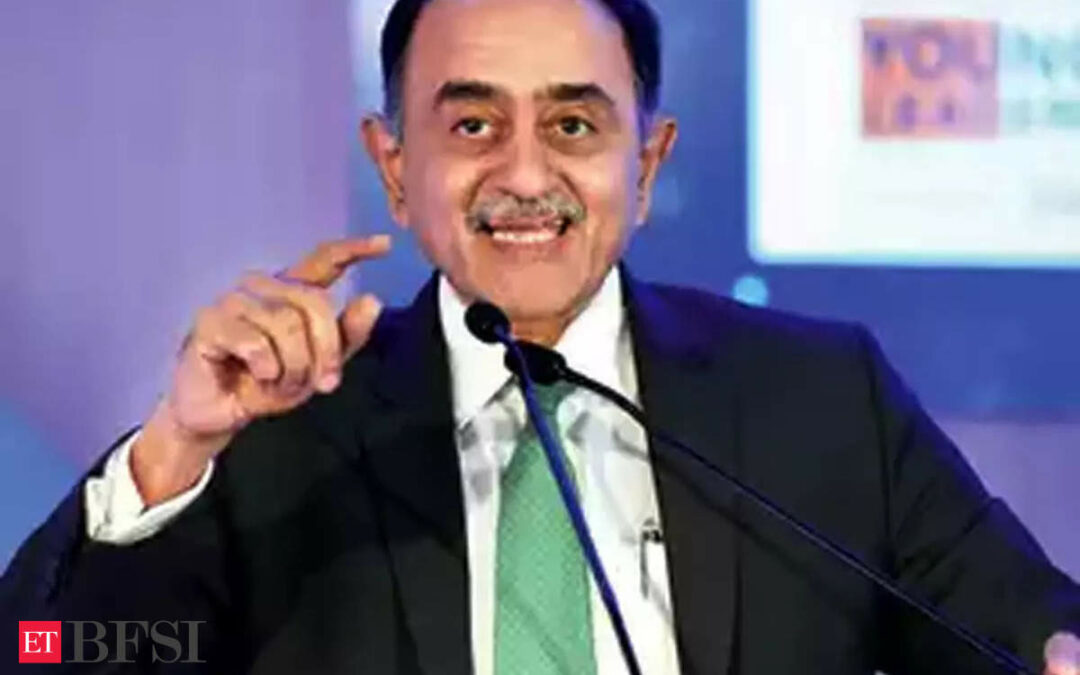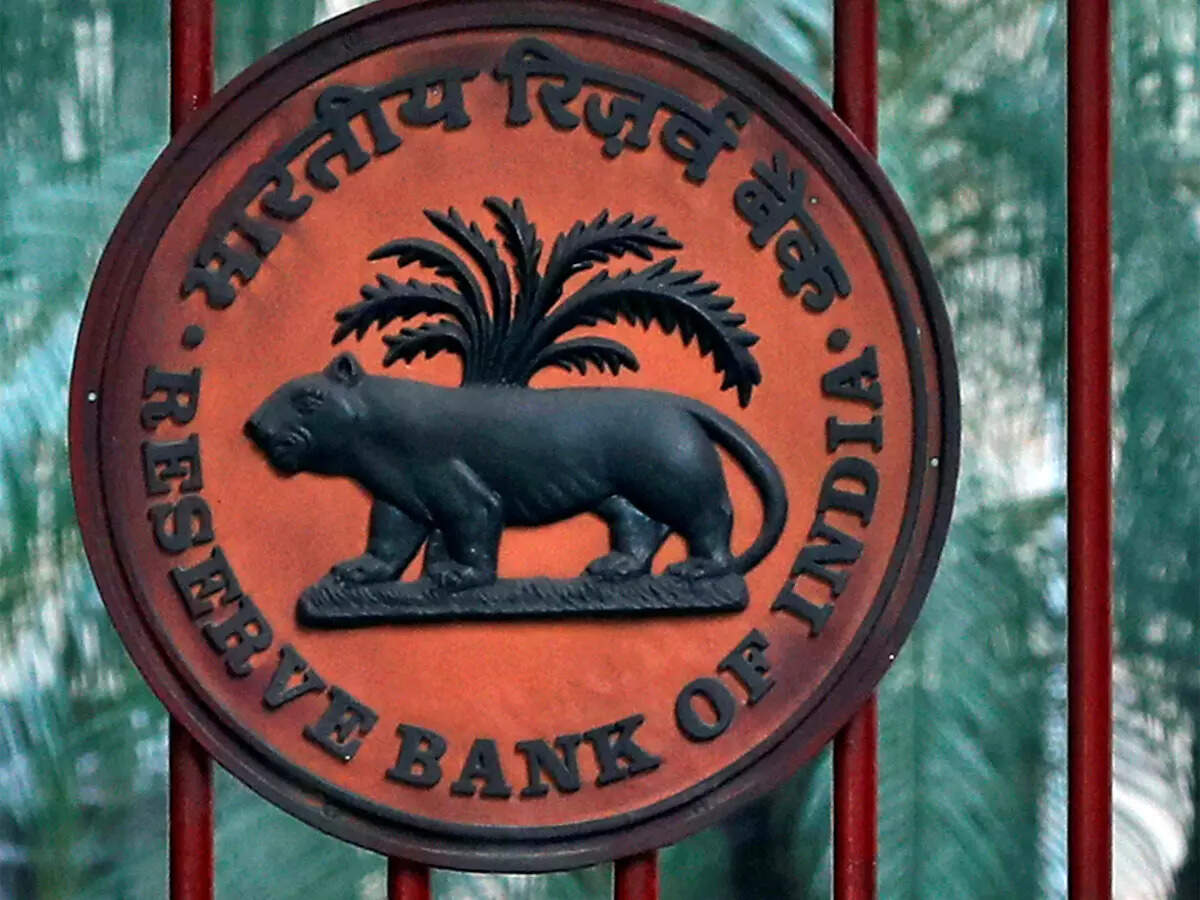Private sector lender Federal Bank is in advanced stages of getting a new CEO appointed, replacing the current MD and CEO Shyam Srinivasan.
“There is a board established search panel, and they are in advanced stages already. RBI had notified us in January and the search panel is set up and is in process. You will hear a news as soon as any regulatory approval comes down,” said Shyam Srinivasan, MD and CEO, Federal Bank in the results presser on Thursday.
The CEO refrained from giving any names, however it was hinted that there would be two senior internal candidates apart from others.
| Federal Bank had made the application for Srinivasan’s extension on October 6, 2023. The RBI response was received on January 4. In response to Federal Bank’s request for Srinivasan’s extension as CEO, the regulator asked the bank to submit fresh proposals containing at least two names, in order of preference, and indicate the likely tenure and the longer-term requirement of the bank. |
Earlier this week, some media reports suggested that KVS Manian, who recently resigned from the Kotak Mahindra Bank’s Board, may join Federal Bank as its MD & CEO.
Manian could replace Federal Bank’s Srinivasan, whose term ends in the last week of September 2024, as the Reserve Bank of India (RBI) has turned down the bank’s request to give him a one-year extension.

Bank’s increased IT spends
Further, the private bank’s CEO highlighted that the bank’s IT spends has increased from 4.5 per cent of overall spends in FY21 to 6.7 per cent of overall spends in FY24.
He said the trajectory is to keep the spends around 8 per cent in the following years.
“The bank doesn’t shy away on spending in technology and IT. About 6.7 per cent of the entire expenses for FY24 were on IT and Technology and a more desirable number would be 8 per cent in the following years,” he stated.
He further asserted that the bank overspent the allocated budget on IT, and spent about 105 per cent of the IT budget in FY24.
Banks in India are making substantial investments in information technology (IT) infrastructure to fortify their digital capabilities and ensure compliance with stringent regulatory requirements.
ICICI Bank has significantly ramped up its IT and cybersecurity spending, escalating from 5.6 per cent in 2019 to 9.4 per cent in the fiscal year 2023-24. Axis Bank is leading the charge in technology adoption, with IT and digital expenditures accounting for 9.3 per cent of its total operating expenses during the fourth quarter. UCO Bank has outlined a robust IT investment plan, aiming to spend Rs 1,000 crore in the fiscal year 2024-25 to enhance its IT infrastructure.
ALSO READ: How Indian banks are bolstering IT backbone amid RBI action on Kotak Mahindra Bank
Impact on Cards biz after RBI ban
Srinivasan highlighted that there would be very minor impact on the bank’s business in the first half of next financial year after RBI’s ban in its co-branded cards business.
He said that co-branded cards holds a minor chunk of the bank’s credit cards business, and moreover, the bank has other businesses from which it earns. So even if there is an impact, it will be of a lesser magnitude in the first half of the next financial year.
The bank’s CEO stated that it had immediately stopped issuing cobranded cards after RBI’s direction and that the bank will start issuing co-branded cards again in 3-4 months once it gets the required regulatory clearances.
In the month of March, the Reserve Bank of India asked Federal Bank to stop issuing new co-branded credit cards. Federal Bank had said that it is rectifying the deficiencies, and will await regulatory approval before issuing new cards.
Federal Bank reported nearly flat net profit at Rs 906 crore for the quarter ended March 31, according to the exchange filing issued on May 2. Sequentially, the net profit fell 10 percent from Rs 1,007 crore in Q3FY24.
The bank has reported the highest-ever NII in Q4FY24 at Rs 2195.11 crore, up 14.97 per cent YoY from Rs 1909.29 crore in Q4FY23. The total income of the Bank for the quarter grew by 23.42 per cent to reach Rs 6732.23 crore.











